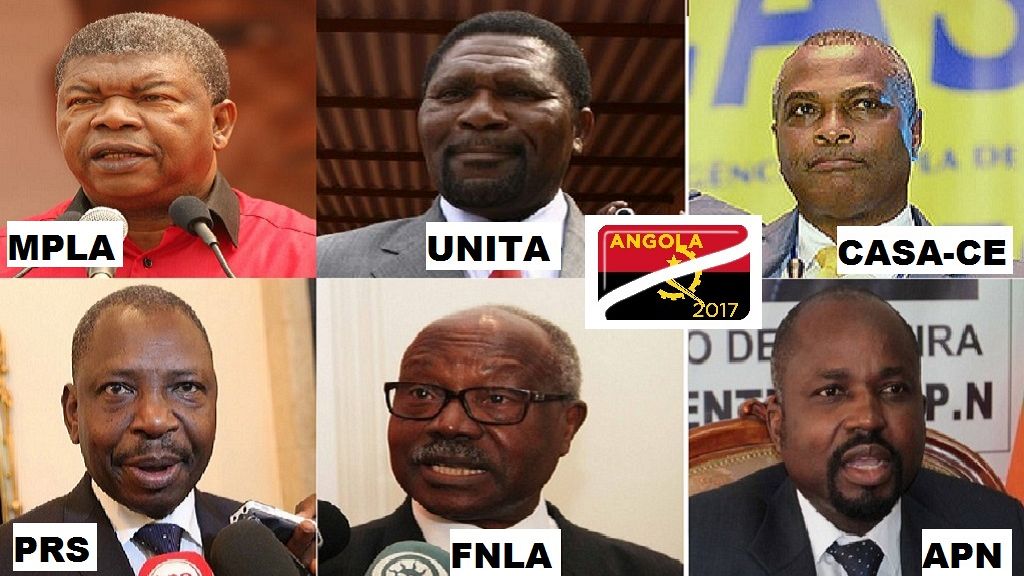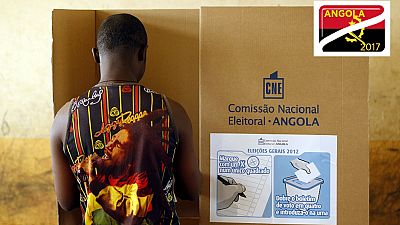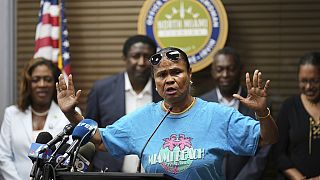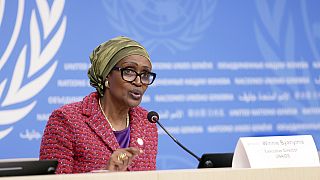Angola
Angolans will exercise their democratic rights on August 23 when they pick lawmakers and in the same vein elect a new president.
The Southern African oil producer will for the first time in close to four decades have a new political leader. Angola will begin a post Jose Eduardo dos Santos-era after the upcoming polls.
Dos Santos in his capacity as leader of the ruling MPLA steps down after 38 years in charge. The only other leader to have come to power in 1979 is Equatorial Guinea’s Teodore Obiang Nguema.
Angola votes: Here are the six men hoping to succeed dos Santos

The 1992 historic multi-party elections
This is Angola’s fourth election since the return to multi-party democracy in 1992 after a years of civil war that ended with the signing of an accord in 1991.
Candidate dos Santos at the time went neck-a-neck with ex rebel leader Jonas Savimbi in the presidential race even though the MPLA swept 129 of the 220 seats in parliament.
Savimbi’s UNITA got 70 seats whiles the remaining was split among smaller parties at the time. The opposition strongly opposed the results at the time accusing the MPLA of fraud.
Africa’s longest serving presidents still going strong
2008: First polls post-second civil war, ruling MPLA makes massive gains
No elections were held after 1992 till 2008 because of the outbreak of the second civil war. The war continued till 2002, after it ended, plans began to organize new elections – registration delayed due to logistical constraints but the vote held in 2008.
The MPLA strengthened its grip on power whiles UNITA recorded heavy losses having lost over a third of their seats. They fell from 70 to 16 seats whiles the ruling party got 191 seats up from 129 in 1992.
With Savimbi and his deputy killed in the course of the civil war, the onus fell on Isias Samakuva, who has led the party since 2003. He is a candidate in the August 23 polls – his third shot at the seat.
The 2012 elections – main opposition makes gains
In 2012 elections, fortunes seem to have turned as MPLA made losses while UNITA gained. The same number of seats were involved on both sides. Sixteen seats lost and 16 gained.
MPLA won 175 seats down from the 191 in 2008 whiles UNITA doubled its performance in 2008 by hitting 36 – a little over half of the 75 seats it held in 1992.
The Angolan system since 2008 is such that the votes of the parliamentary seats determines who emerges president. In that case, leader of whichever party that wins parliament automatically becomes president of Angola.













00:52
Nigeria’s Peter Obi to contest 2027 election, opposition coalition in jeopardy
01:00
Detained Chadian opposition leader Succes Masra begins hunger strike
Go to video
CAR officials issue statement claiming president is not seriously ill
01:09
Ivory Coast president set to announce whether he will seek a fourth term
01:09
Cameroon’s civil society calls on voters to sanction Biya in upcoming elections
11:16
Angola hosts U.S.-Africa summit amid calls to revive trade ties {Business Africa}